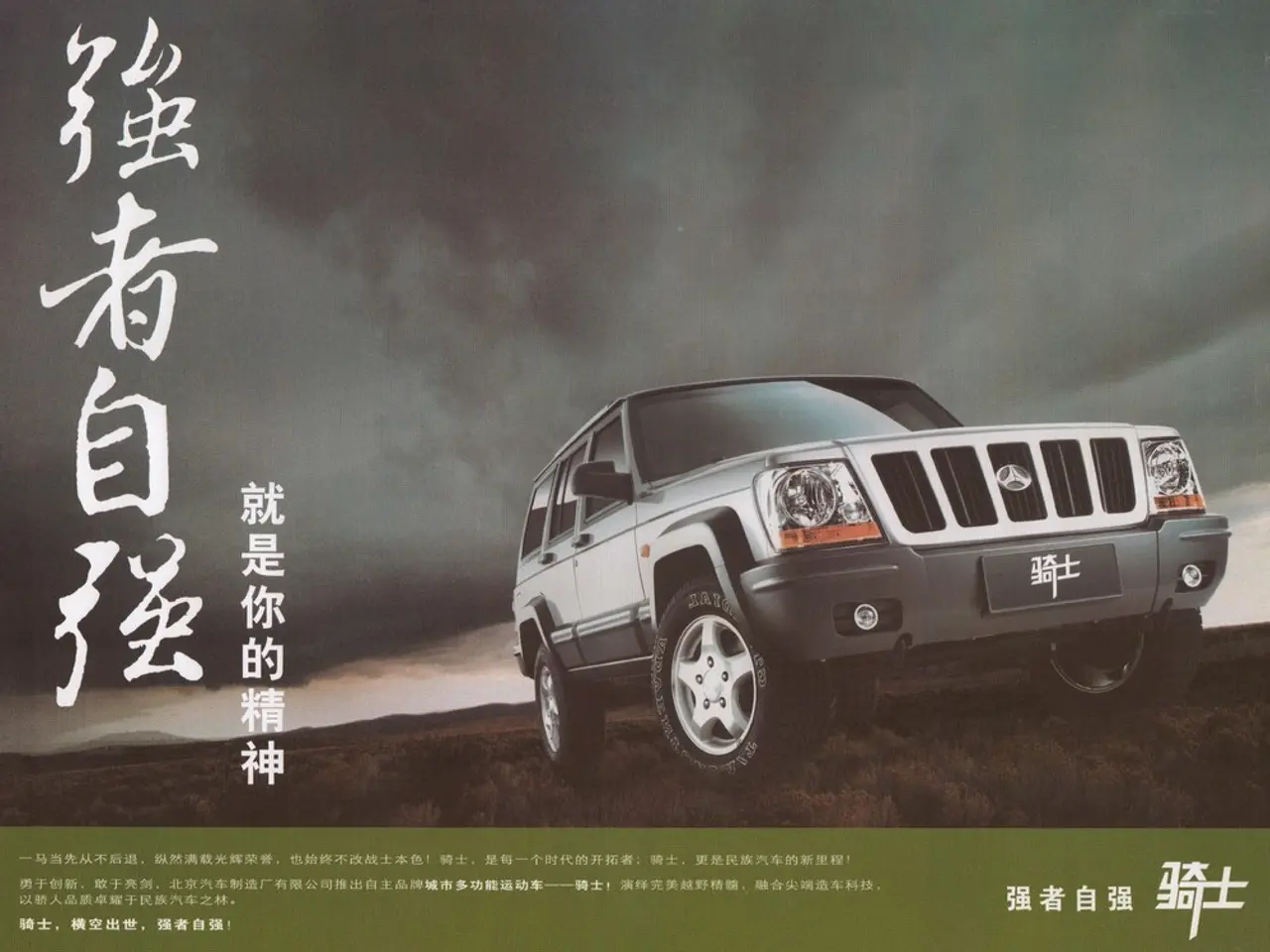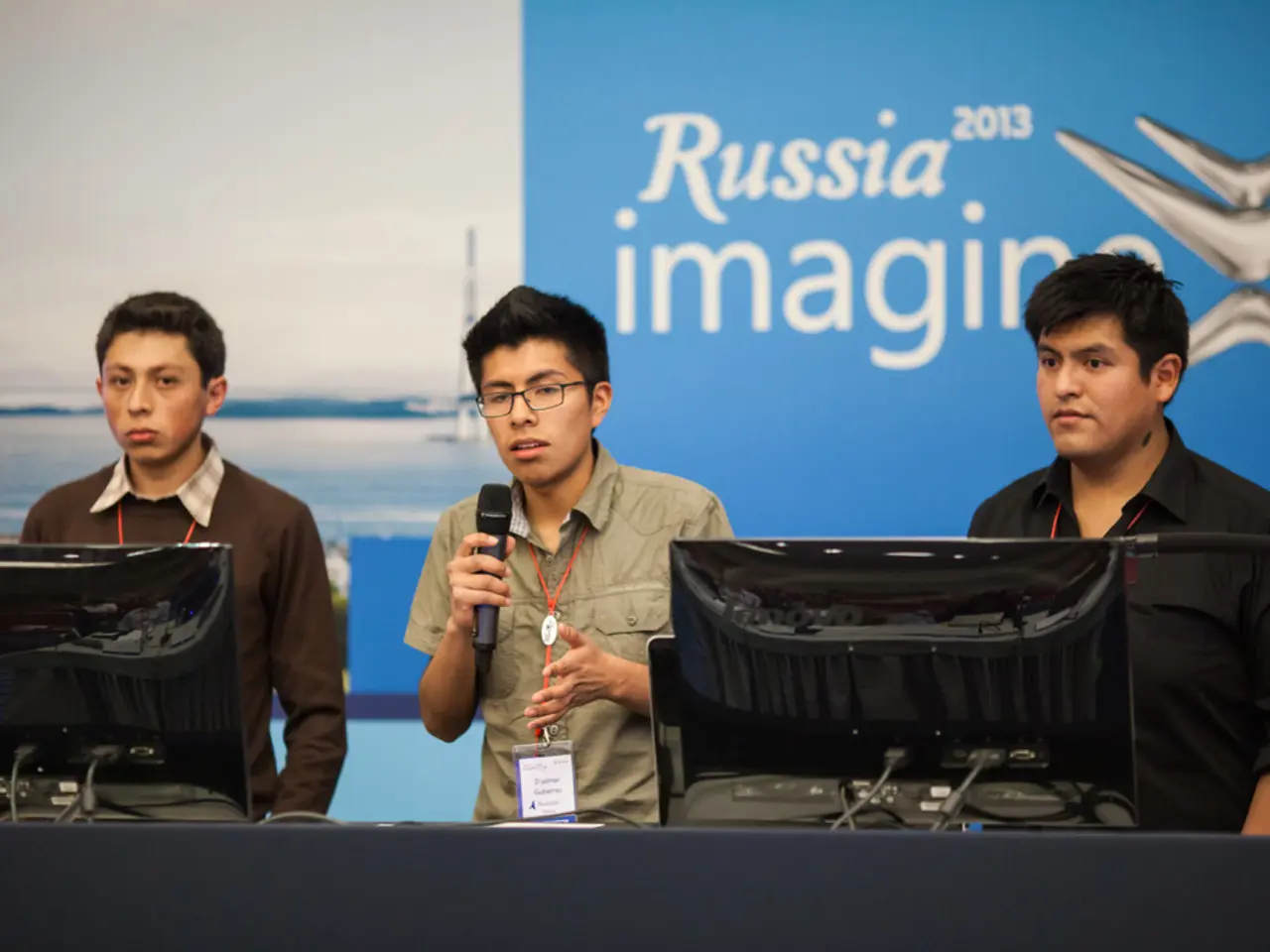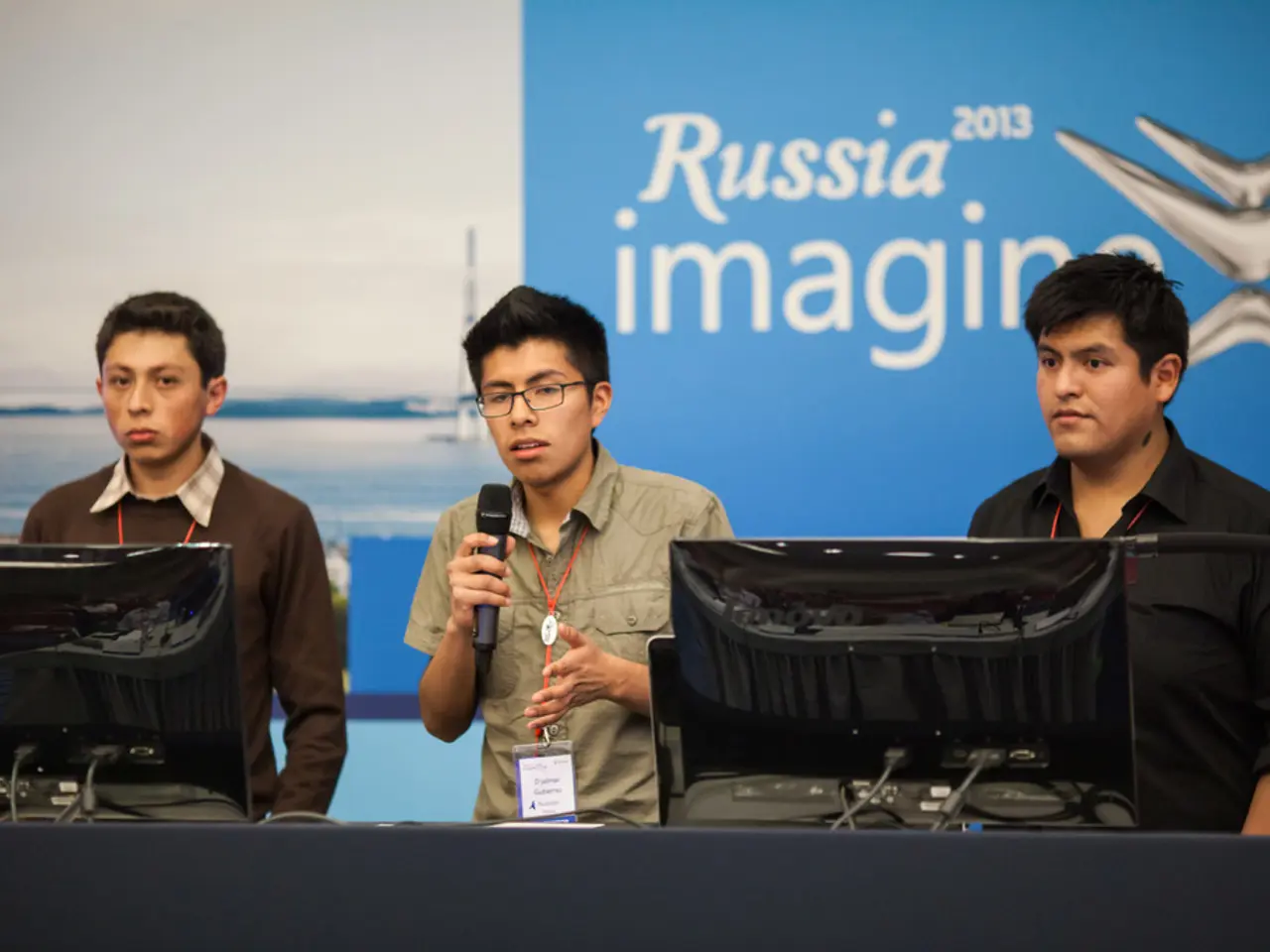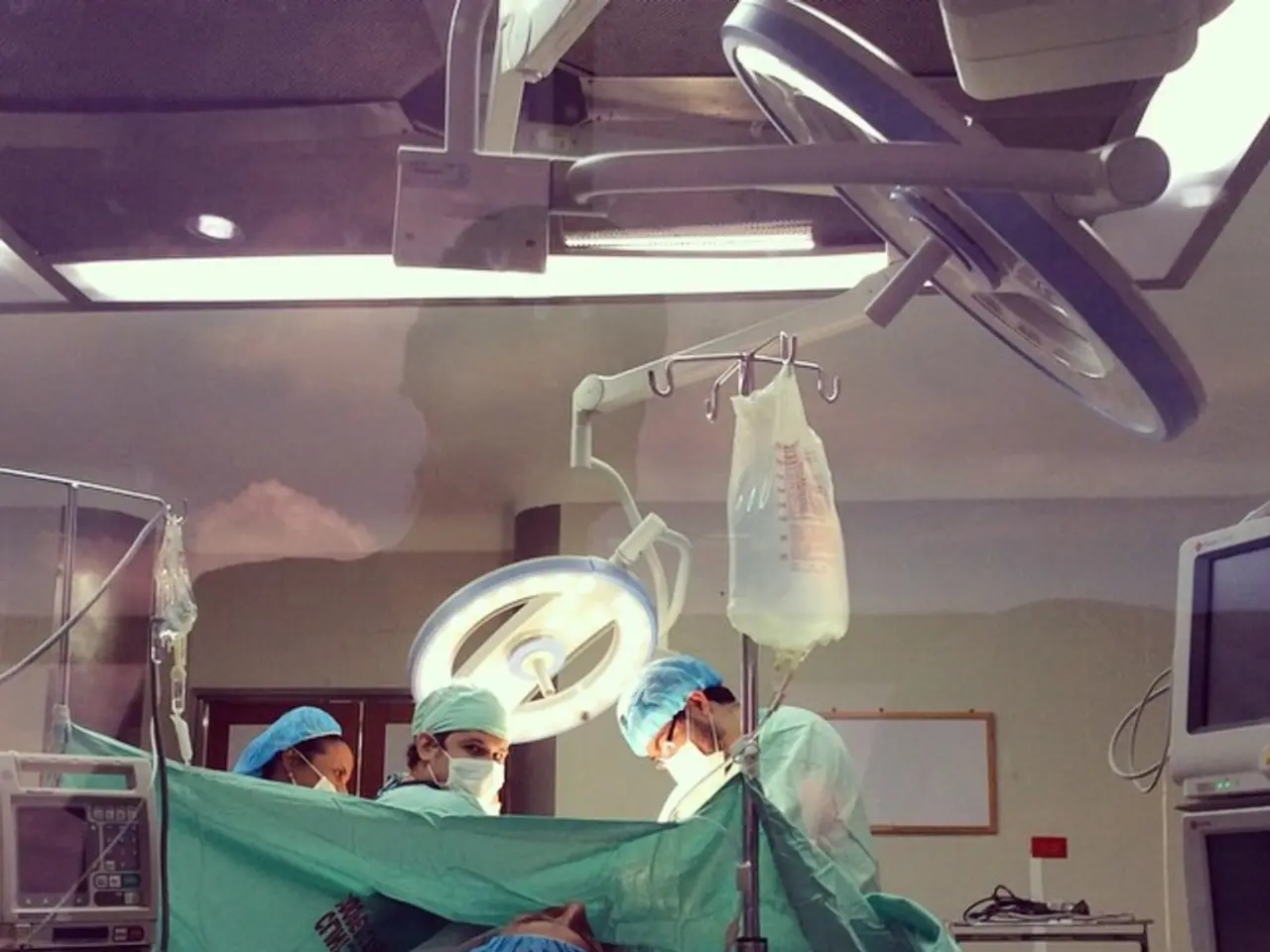China's Foreign Minister, Wang Yi, emphasizes during his Europe tour that rare earth exports should not serve as a point of contention between China and the EU.
In a series of developments, China has introduced significant changes to its policies and regulations regarding the export of rare earth elements, particularly to Europe. The move comes amidst perceived threats from Russia and pressure from the United States.
Chinese top diplomat, Wang Yiran, is currently on a tour to pave the way for the China-EU summit later this month. During a news conference with his German counterpart in Berlin, Wang Yiran accused some parties of deliberately hyping the issue between China and Europe. He did not specify which parties he was referring to, but he assured that as long as export control regulations are followed, the normal needs of European enterprises will be guaranteed.
The new regulations involve the imposition of export licensing requirements on seven out of the seventeen rare earth elements. These elements, including samarium, gadolinium, terbium, dysprosium, lutetium, scandium, and yttrium, are crucial for advanced technologies and are primarily medium to heavy rare earths. The regulations cover not only the pure elements but also their oxides, alloys, compounds, and mixtures. All exports of these substances require a license from China’s Ministry of Commerce (MOFCOM) under the Export Control Law. Shipments without proper licenses or documentation may be held or denied at customs.
The rationale for these regulations is the dual-use nature of these materials, which have strategic relevance for industries ranging from defense to technology. This is in line with international practices to safeguard national security and global peace. However, these regulations significantly affect European companies, particularly those in the life sciences and defense sectors, due to limited alternative sources of these materials. China, however, reassures Europe that normal supply demands will be met if regulations are followed.
In a move to ease tensions, China agreed to suspend some non-tariff countermeasures, including those related to rare earth restrictions, for 90 days as part of a temporary measure. Chinese officials have emphasized that rare earth exports should not be an issue between China and the EU, and a "fast track" has been established for European companies to streamline compliance.
NATO leaders, meanwhile, plan to spend 5% of their GDP on defense, a move that could potentially escalate the ongoing tensions. The China-EU summit is scheduled to take place later this month, where these issues are expected to be discussed.
Wang Yiran reiterated that controlling dual-use goods is a sovereign right and an international responsibility for all nations. He also stated that these policies help maintain world peace and stability. The Chinese diplomat further emphasized that China's policies are in line with international norms, and that the perceived threat from Russia and pressure from the US are misguided.
These developments highlight the complex geopolitical landscape, with tensions between major global powers potentially impacting international trade and economic stability. As the situation continues to evolve, it is crucial to monitor these developments closely.
- Wang Yiran, during his tour for the upcoming China-EU summit, addressed the issue of rare earth export regulations, stating that as long as export control policies are adhered to, European enterprises' normal needs will be guaranteed.
- In response to the new regulations on dual-use rare earth elements, Chinese diplomat Wang Yiran asserted that these policies are consistent with international norms, emphasizing the importance of maintaining global peace and stability through control of dual-use goods.






